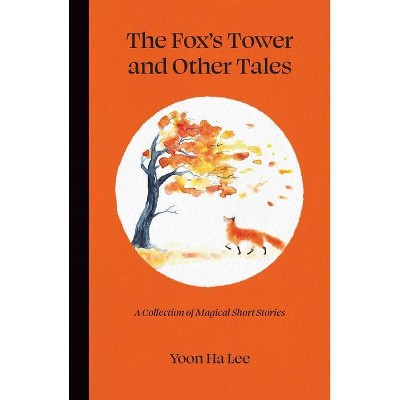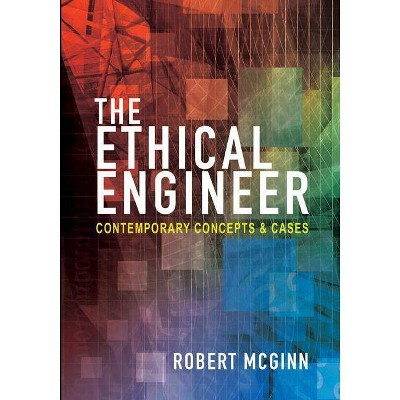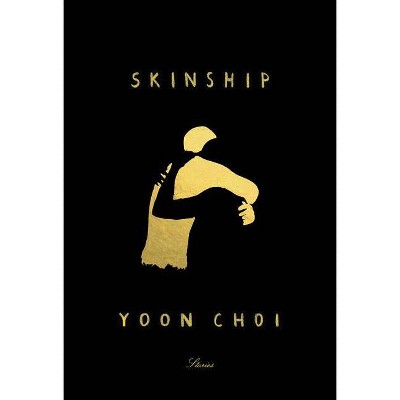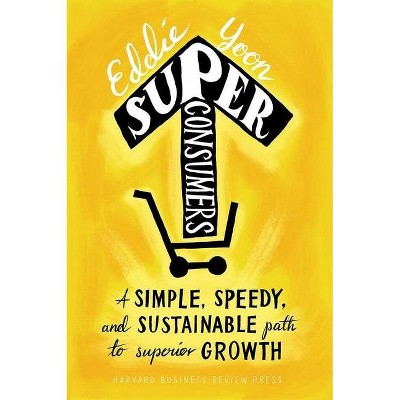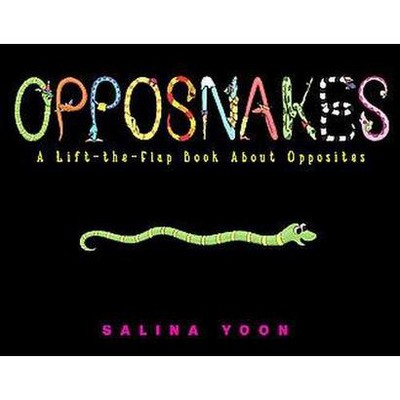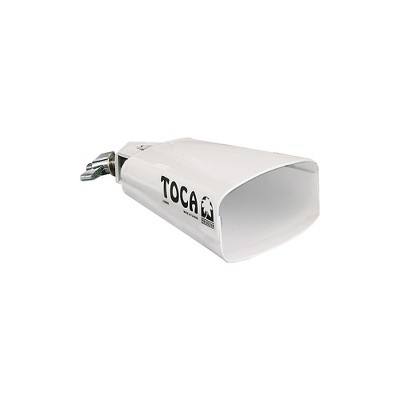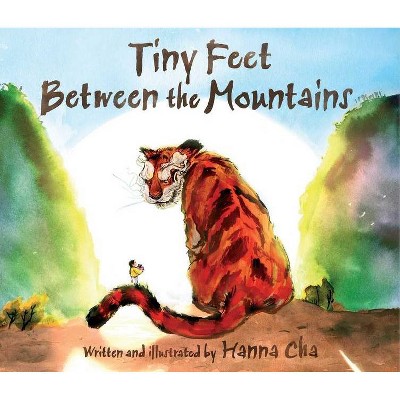Decreation and the Ethical Bind - by Yoon Sook Cha (Hardcover)
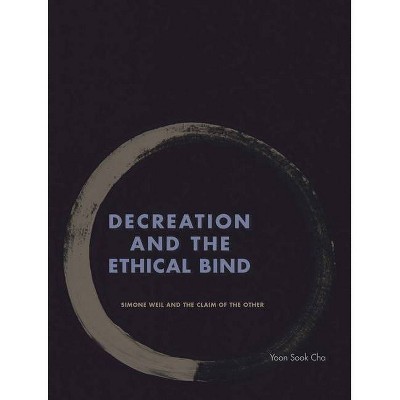
Similar Products
Products of same category from the store
AllProduct info
<p/><br></br><p><b> About the Book </b></p></br></br>A close reading of Simone Weil's philosophical and literary writings examining themes of ethical obligation, dispossession and vulnerability in relation to the works of Emmanuel Levinas, Maurice Blanchot and Judith Butler.<p/><br></br><p><b> Book Synopsis </b></p></br></br><p>In Simone Weil's philosophical and literary work, obligation emerges at the conjuncture of competing claims: the other's self-affirmation and one's own dislocation; what one has and what one has to give; a demand that asks for too much and the extraordinary demand implied by asking nothing. The other's claims upon the self--which induce unfinished obligation, unmet sleep, hunger--drive the tensions that sustain the scene of ethical relationality at the heart of this book. <p/><i>Decreation and the Ethical Bind</i> is a study in decreative ethics in which self-dispossession conditions responsiveness to a demand to preserve the other from harm. In examining themes of obligation, vulnerability, and the force of weak speech that run from Levinas to Butler, the book situates Weil within a continental tradition of literary theory in which writing and speech articulate ethical appeal and the vexations of response. It elaborates a form of ethics that is not grounded in subjective agency and narrative coherence but one that is inscribed at the site of the self's depersonalization.</p><p/><br></br><p><b> Review Quotes </b></p></br></br><br>...Cha's reading of Weil acknowledges, but places in the background, her efforts to write pieces critical of those in power, to teach the uneducated, to fight (against Franco) in the Spanish Civil War, and to circulate papers in the French Resistance - all "offerings" of a different kind... In the end, it is precisely through Cha's own measured, beautiful writing that she invites readers, by performing her own offering, to an ethics that thoughtfully poses a challenge to Canonical theories based on (the "idolatries," for Weil, of) autonomy or sovereignty.-- "Political Theology"<br><br>Cha's book is elegant and eloquent, guiding the reader to think with the author, and with Weil, in a tour of complex theoretical terrain that addresses some of the most profound philosophical questions: How are we to live? Who are we? How do we relate to each other? The book brings Weil into conversations in contemporary continental ethics and invites future scholars to take Weil seriously.<b>-----Vincent W. Lloyd, <i>Villanova University</i></b><br><br>Yoon Sook Cha gives us a careful and comprehensive reading of Simone Weil's texts, with all of their tensions, difficulties, and even contradictions. From this mix, she draws out something unexpected: an intelligible ethical argument, which she is able to situate in its place in continental philosophy. The work is a valuable contribution both to Weil studies and to ethical theory.<b>-----Karmen MacKendrick, <i>Le Moyne College</i></b><br><p/><br></br><p><b> About the Author </b></p></br></br><br><strong>Yoon Sook Cha </strong>received her Ph.D. in Rhetoric from the University of California, Berkeley.<br>
Price History
Price Archive shows prices from various stores, lets you see history and find the cheapest. There is no actual sale on the website. For all support, inquiry and suggestion messagescommunication@pricearchive.us


